According to Grüninger, who is a member of The Centre, scientists are political amateurs who are unfamiliar with the machinations of power. “They think that their findings will automatically result in the right policies.” Some need to be more aware that policymakers must also take economic and social aspects into account in addition to scientific evidence. Furthermore, they often don’t know how to influence politicians effectively. When scientists start commenting on political issues, politicians can, in turn, quickly interpret this as arrogance or meddling. Scientists are only listened to when they concur.
“Many scientists think that their findings will automatically result in the right policies.”
Servan Grüninger
Biostatistician
Promoting dialogue
A project called Franxini now aims to promote mutual understanding. Scientists and politicians across the entire spectrum have launched it as a reaction to the “silencing” controversy surrounding the Covid-19 Act. The project is named after Stefano Franscini, the son of poor Ticinese farmers, who was quick to recognise the key importance of education. Franscini, a liberal, was elected to the Federal Council in 1848. He founded today’s ETH Zurich and laid the foundation for the creation of the Federal Statistical Office. It is all about making scientists fit for politics, says Grüninger, whose Reatch think tank is behind the initiative. Intensive courses will equip scientists with all they need to know about the Swiss political system.
The project is already bearing fruit, at least as far as Marcel Salathé is concerned. The Genevan epidemiologist took a lot of political flak last year and has since left the task force. He now supports the Franxini project and is currently poring over the contents of the 900-page Handbook of Swiss Politics. “Read the blasted instructions,” was his tongue-in-cheek comment on Twitter.
The article reflects the status as of 1 May 2021.
The Swiss National COVID-19 Science Task Force website: www.sciencetaskforce.ch


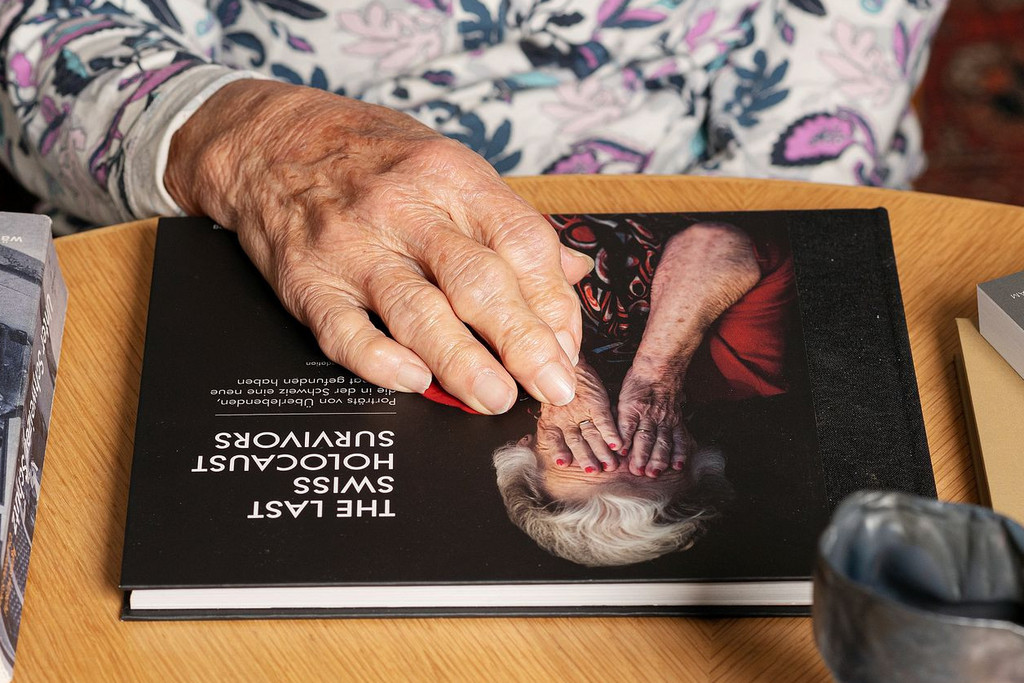
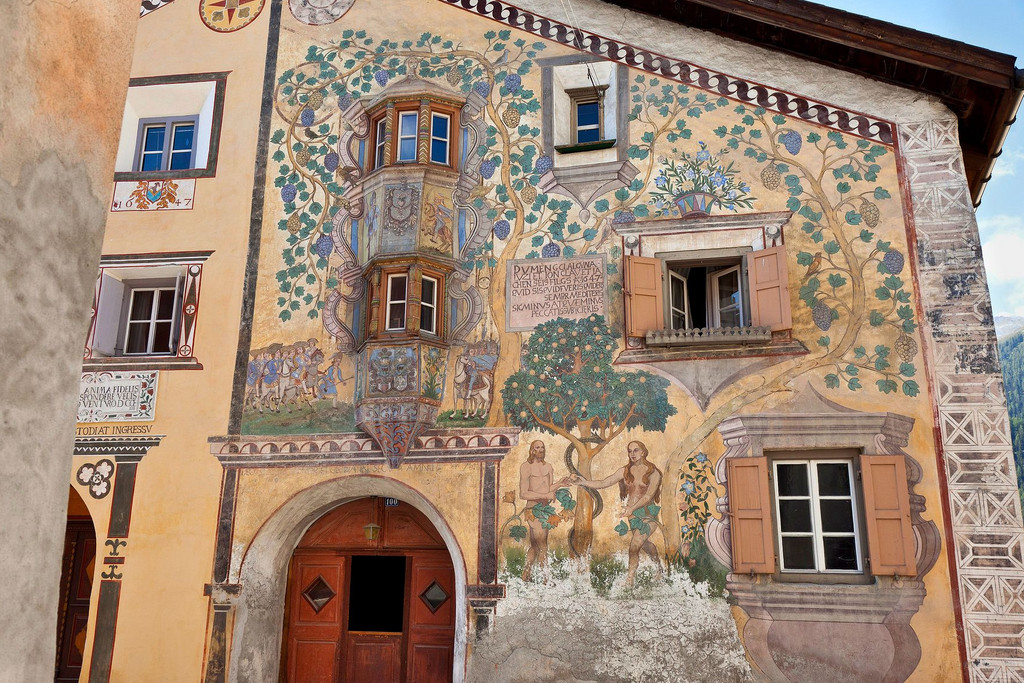
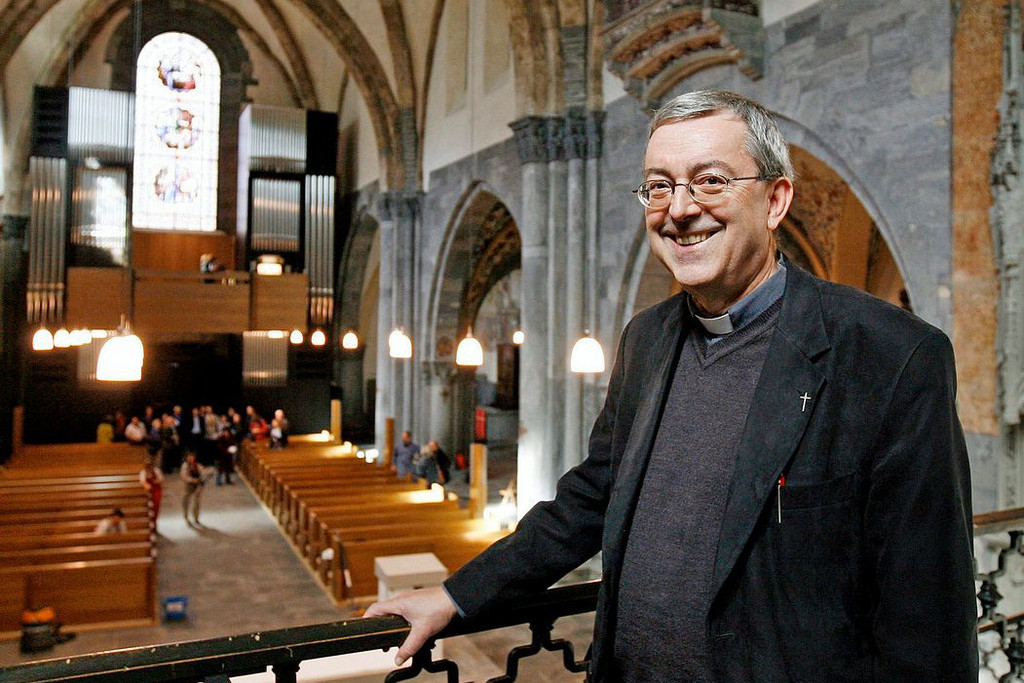






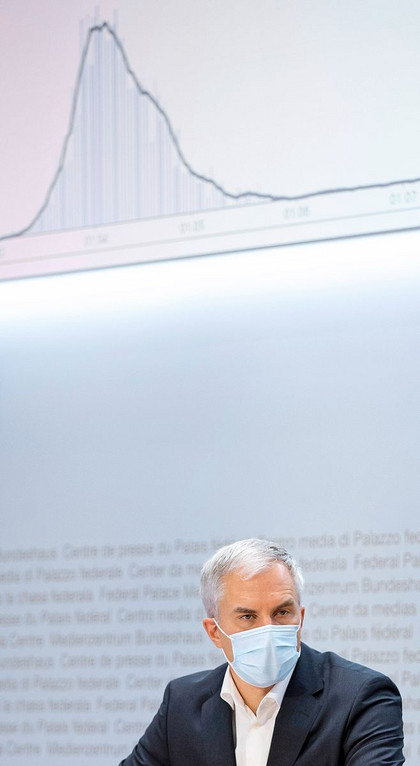
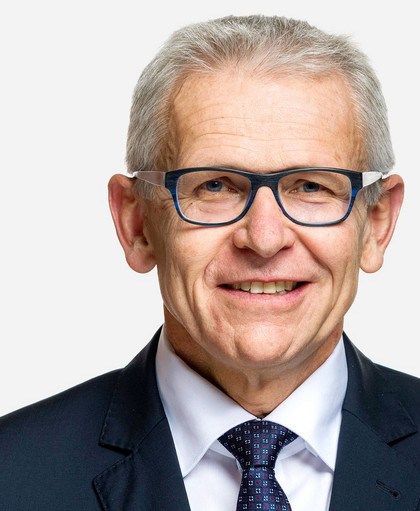
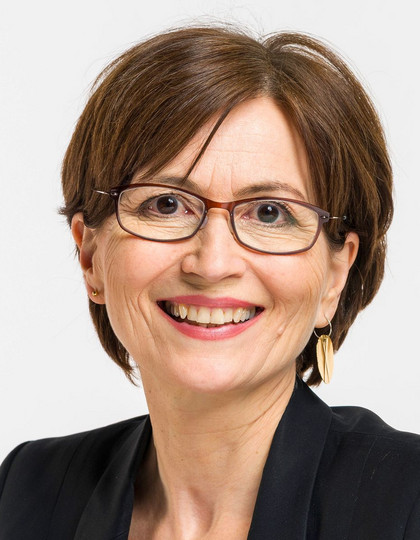
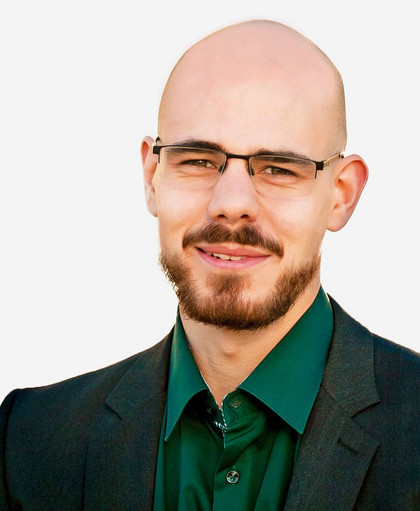
Comments
Comments :
Il me semble fondamental de prendre en compte les voix des scientifiques, surtout quand il s'agit d'une problématique de l'ampleur que nous avons connue.
La politique, par définition, est au service du peuple et devrait le rester. De ce fait elle devrait toujours prendre en compte l'avis des scientifiques concernant un domaine que nos élus ne dominent pas.
Il va de soi que tout conflit d'intérêt devrait être écarté là même où, de la part des politiques a surgit ce projet "muselière" totalement absurde...
Vive la démocratie et la liberté d'expression !
Une problématique et débat légitime qui s'applique tant aux pays où la liberté d'expression est, d'une manière générale, bien acquise qu'aux autres pays où celle-ci ne l'est généralement pas.
Cependant, deux aspects non abordés dans cet article me semblent pourtant importants et à prendre en considération dans ce genre de débats.
La neutralité politique des scientifiques. En tant qu'êtres humains et citoyens Suisses ou citoyens du monde, ils peuvent avoir des raisons et des analyses qui ne sont pas toujours scientifiquement aussi neutres. Leur aura contribue, positivement ou négativement, à l'acceptabilité de leurs jugements, analyses et recommandations.
La maturité de discernement des autres citoyens. Plus celle-ci est bonne plus la capacité de discernement est meilleure et plus les jugements sont pris à leur juste valeur.
Ces deux aspects peuvent être mitigés si les scientifiques voudraient bien avoir l'honnêteté morale et intellectuelle, de précéder chacune de leurs déclarations, écrites ou orales, par une mention se referrant à leurs orientations politiques, sociales et même religieuses (J'avais omis de mentionner ci-dessus que certains avis et jugements peuvent être influencés par les orientations religieuses de chacun).
Leider sind die wissenschaftlichen Studienergebnisse heutzutage abhängig davon, wer bezahlt. Sehr oft werden alternative Studien, welche valid sind, unterdrückt, damit das politische Narrativ erhalten bleiben kann. Redefreiheit zu unterdrücken ist nie der rechte Weg und jederman soll seine eigene Meinung haben dürfen.
In the current climate the world is facing : people being victimized i.e. losing their jobs ,being deplatformed and so forth for voicing opinions that conflict with those of the extreme Left it is important more than ever that Switzerland allows freedom of speech the hallmark of a free democracy.
Rassurez-vous, la science et la politique font bon menage pour plein de raisons notamment son financement. Avec le Covid-19 l' urgence entre sauver des vies et le maintien de l' economie a provoquer d' intenses batailles partout en Europe. Ces debats de sourds ou il n' y a pas de vainqueur. Trop de morts et une economie durement touchee.
Jede Art von Politischer Entscheidung muss in einem demokratischen System transparent bleiben. Schon die Unsitte, Themen unter Ausschluss der Öffentlichkeit zu beraten, passt schlecht in mein Demokratieverständnis.
Wer kann zu seiner Ansicht nicht stehen, wer traut sich nicht, zu sagen, was er denkt und wie er entscheidet? Das allein stinkt nach unredlichen Absichten. Von solchen Politikern
mag ich meine Welt nicht bestimmen lassen.
In der Forderung, einem Beratergremium das Reden zu verbieten, sehe ich meine Bedenken bestätigt.
Ich finde es sehr traurig, dass sich in den Länder die Politiker so stark einmischen und somit viele Leben kosten. Auch bin ich erstaunt, dass die Schweiz bis heute nicht alle Leute geimpft hat. Acht Millionen Menschen? Brasilien hat bereits 40 Millionen geimpft. Was steckt hinter dieser Pandemie?